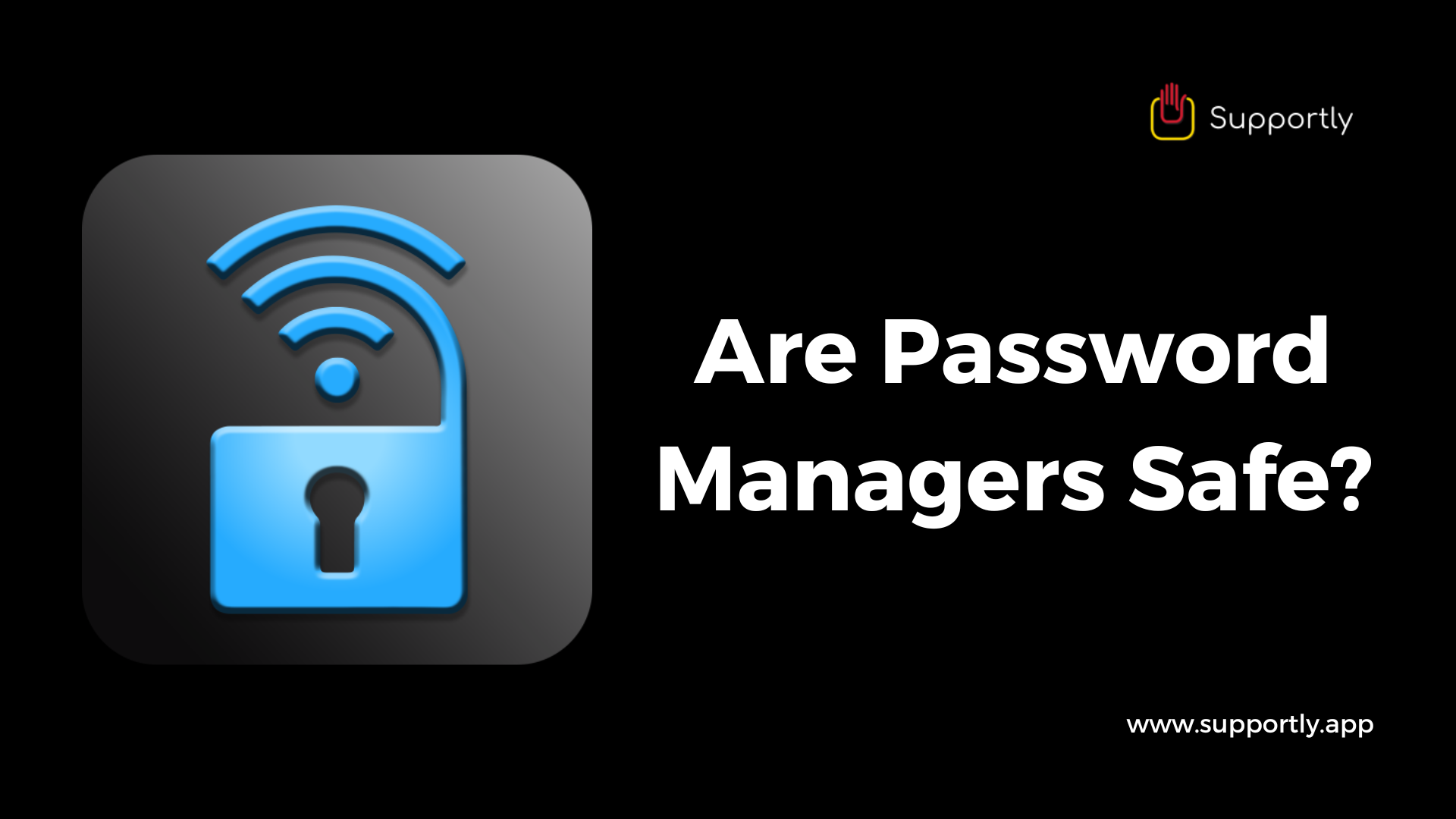Forgot Windows Login Password? Here’s How to Reset It Easily

Please follow the link to the article to learn more about password managers.

Do you picture hackers working covertly in front of four or five computer monitors while sipping energy drinks when you think about cybersecurity? Their face was lit only dimly by the displays in the otherwise dark room. This is undoubtedly the stereotype, giving the impression that big businesses and financial organizations with a lot to lose are more concerned about data security than regular people like us.
However, the truth is that those who commit cybercrime prefer to take the easiest route. They don't want to breach network security and breach firewalls until absolutely necessary. After all, robbing a bank is riskier and simpler than picking pockets.
Although it may not be flashy, most cybercrime activity targets small firms and private individuals who don't take the issue seriously or believe it won't affect them.
A significant weakness and the easiest, lowest-hanging fruit for fraudsters are weak passwords and carelessly opened emails. Having a secure system for storing passwords is just as important as having adequate and strong passwords themselves.
The other (and most popular) is to utilise a cloud-based password manager, which is accessible from anywhere and is simple to share or move between devices.
Databases that can safely arrange and store passwords are known as password managers. This is where everything can be stored, locked away in a virtual safe for quick access, including logins for remote banking and the illusive Apple ID.
Utilizing a device-based manager, in which passwords are kept and managed locally, is one choice (as opposed to being cloud-based). This may seem more secure, but there is a direct danger that if the device is damaged, lost, or otherwise rendered inoperable, the passwords will also be lost.
The master password—the key that opens the vault—is where it all begins. Ensure it is safe and distinctive by adhering to the manager's suggestions.
A thumbprint and/or facial recognition are two additional biometric security methods that many password managers employ. This eliminates the requirement to enter the master password each time and adds an extra degree of security in case a device falls into the wrong hands.
While we're on the subject of security, let's go very pragmatic. Here are five security blunders that are quite prevalent but can expose you, your staff, and your business to serious risks.
1. No passwords hidden underneath the keyboard. No one is being personally attacked here; nonetheless, it is something that we frequently witness. Sticky notes are just too easily misplaced, dropped, blown away, or grabbed up by the incorrect person.
2. Avoid using password storage in web browsers. You're familiar with the pop-ups that ask you if you want to "remember this password" for later. Even though they may seem straightforward, safe, and practical, they are actually much less secure than encrypted password managers.
3. Employ special passwords. Not just specific to one individual, but also distinct in that the password is made up of random characters and symbols for an additional layer of security. Although "COOLDAD1977" is simple to enter and memorise, it is less secure than "FrfV$#QUR-7."
4. Avoid transferring passwords across sources. Some folks could have a go-to password that they always use, but that password serves as effectively a skeleton key to all private access points. Once it's stolen, a chain reaction of corrupted data starts that is exceedingly challenging to stop. All of this can be avoided by using completely different passwords for each programme and using a password manager to store and organise them all.
5. Make multifactor authentication available. So straightforward yet so potent. A confirmation passcode that must be entered can be delivered to a device by connecting a phone or email to a login. Just adding another layer of security can make a huge difference.
The good news is that a password manager keeps passwords highly secure (with just one caveat down below). A completely secured virtual vault is a veritable safehouse that is almost impregnable to hackers compared to a spreadsheet or paper.
The master password is the sole potential weak link, but it's actually fairly robust because of the biometric security mechanisms discussed above, multifactor authentication for login, and the other additional security features that many have.
Here is the warning.
Not every password manager is made equally. Finding one that is reliable, has all the features required, and has a solid track record requires careful investigation.
Yes, password managers are safe, valuable, and the best choice for data security. However, since nothing is foolproof, it's still crucial to do your research and come to a well-informed conclusion.
Here is the cautionary note.
Not all password managers are created equal. It takes thorough research to find one that is dependable, has all the necessary features, and has a proven track record. Although the cost is low, these will likely require payment.
I hope you found this article helpful; if you need assistance with a any tech support issue, call our customer service line at (+1) 855-748-0653 or visit our reputable website at https://www.supportly.app
Call Now : (+1) 855-748-0653
Live Chat or Call now: Click Here
Download App for Android: Click Here
Download App for iOS: Click Here
Home Entertainment Protection and Support